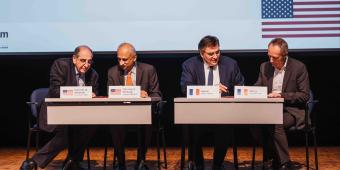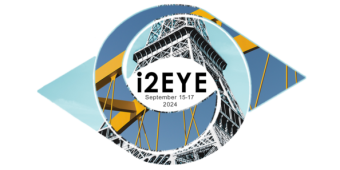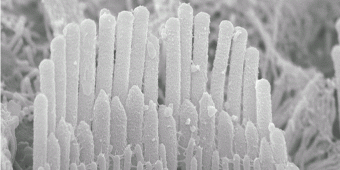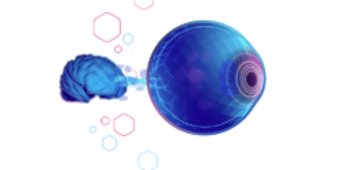We are more effective when we work together. By collaborating, we spur progress, innovation, and commitment to our shared community.

The Vision Institutes in Paris and Pittsburgh cover a broad spectrum of standard, cross-disciplinary, and complementary research topics ranging from fundamental biology and physiology of the visual system to associated cutting-edge technologies for translational research.

The i2Eye Conference, a joint Paris to Pittsburgh symposium, was established as a forum for innovative imaging of eye diseases.

The Hearing and Vision Sciences (HVS) graduate certificate program is designed to train the next generation of hearing and vision researchers in both basic and translational research.

Transplantation of Human Eye Allografts, or THEA, is a program that intends to enable whole functional eye transplantation to restore vision for the blind and visually impaired. In addition, THEA aims to develop new technologies or therapies to preserve or regrow nerves from the eye to the brain. These regenerative solutions could help prevent degenerative blindness and are a necessary step toward successful whole-eye transplantation. Pitt is a co-leader along with Stanford.

Since the Western Pennsylvania School for Blind Children has horticulture incorporated into its curriculum, its students and staff collaborate with UPMC to help with the gardens and landscaping of the Bruce and Barbara Wiegand Roof Terrace and the Rehabilitation Gardens at the Vision Institute.
